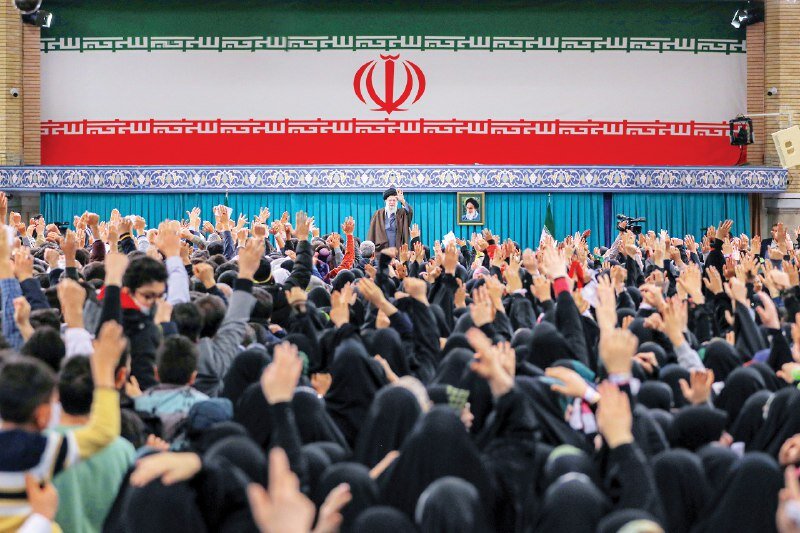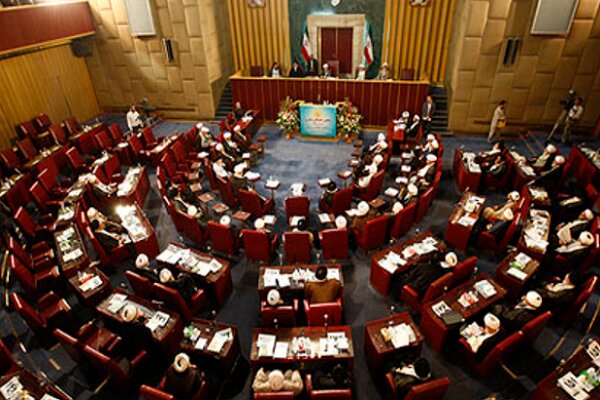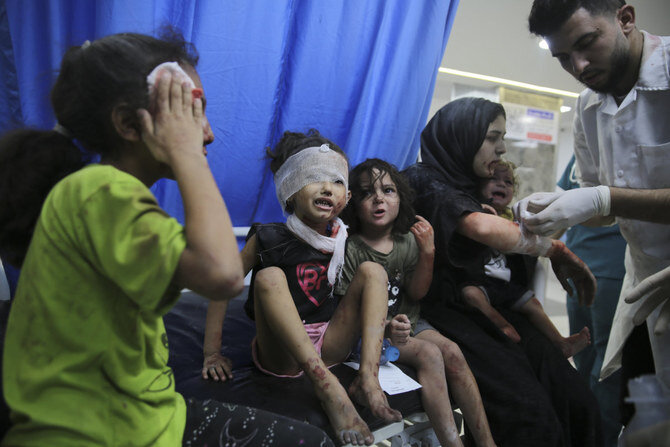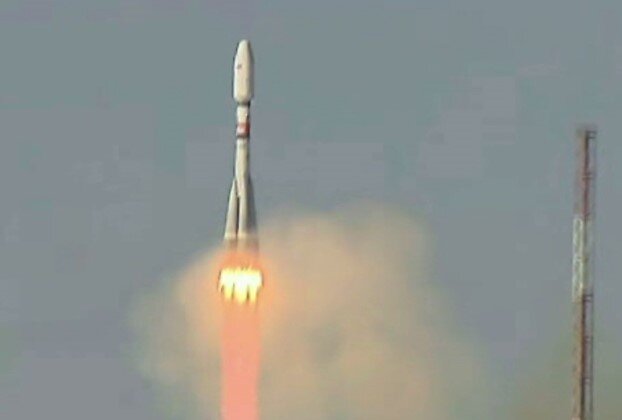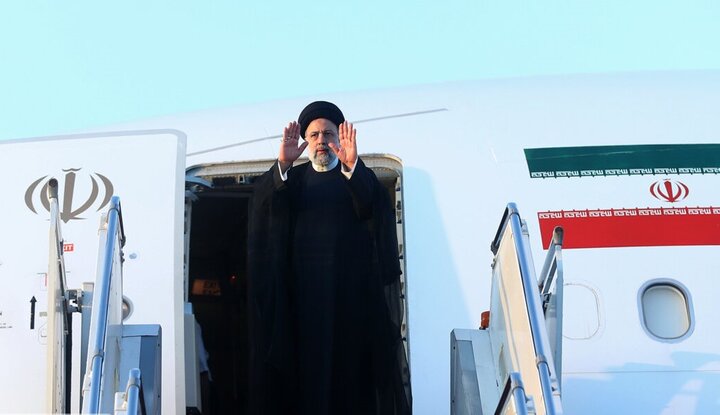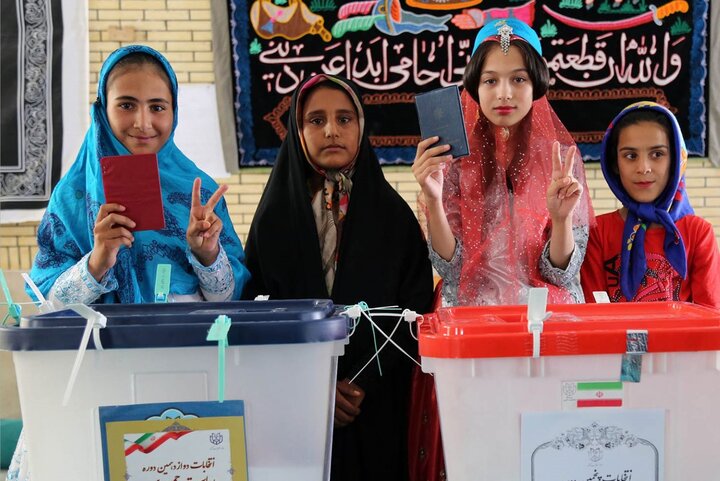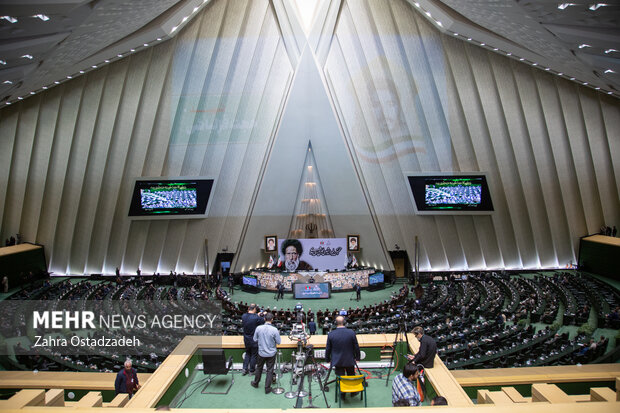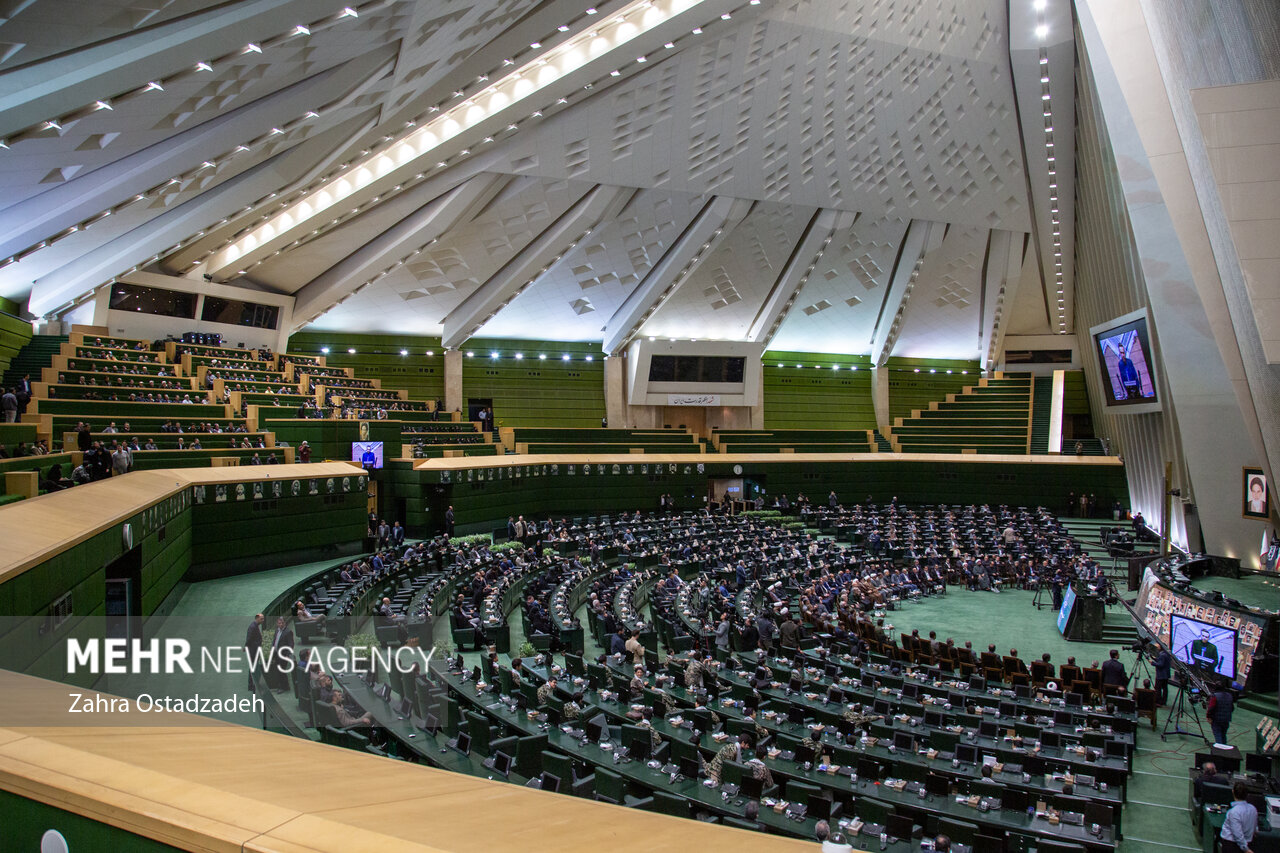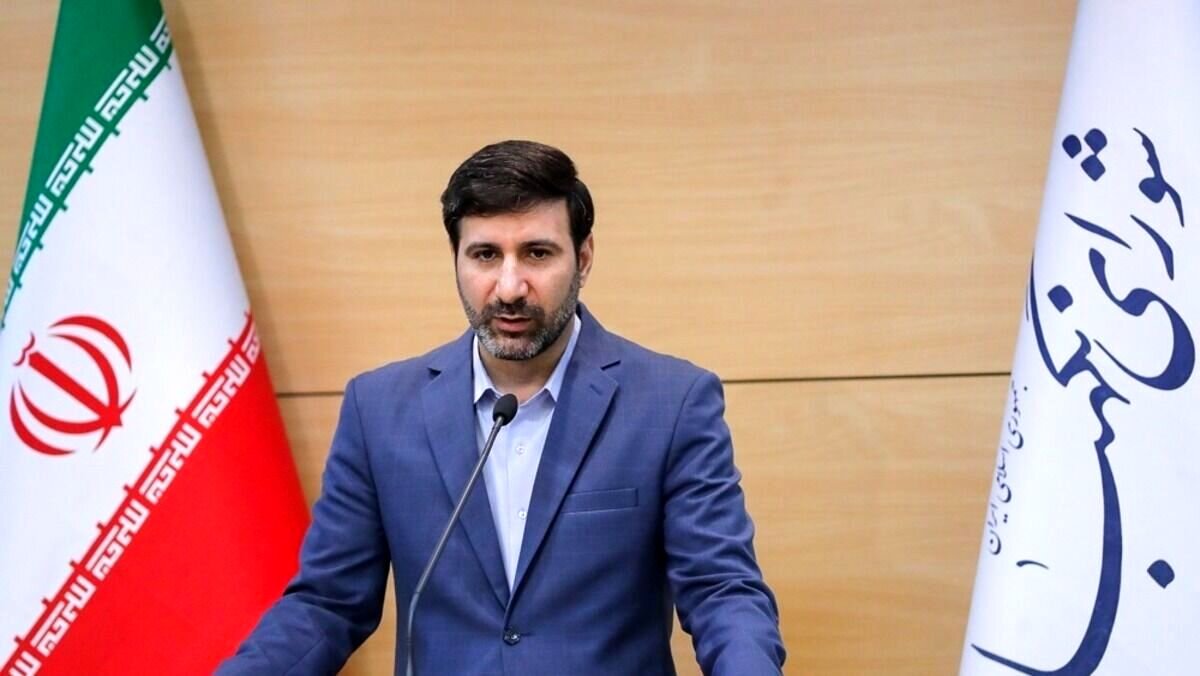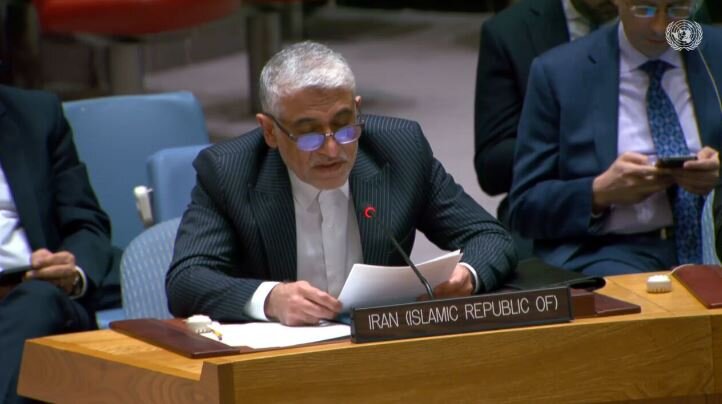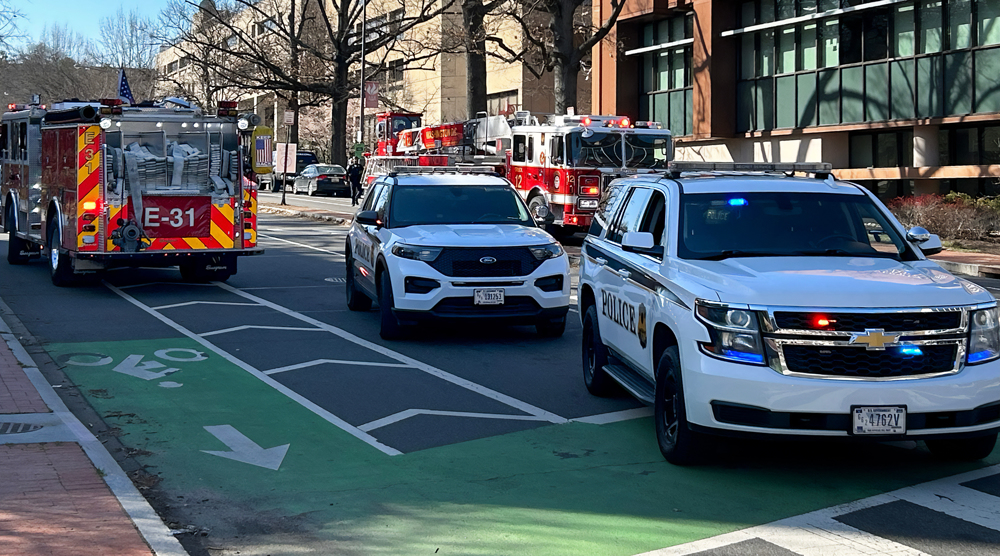By Ali Salaam
An active duty member of the US Air Force, Aaron Bushnell, protested outside the Israeli Embassy in Washington, D.C. through the act of self-immolation, which led to his tragic death.
Authorities failed to extinguish the fire on time while the Israeli guard pulled a gun out on the clearly incapacitated man as if he were some kind of a threat smoldering in his own ashes.
Whatever Bushnell's own personal politics was, his extreme act of protest was to tell the world that he was not going to be complicit in the genocide unfolding in Gaza that is backed by the US government.
According to a summons letter, Bushnell knew he and other airmen were going to be deployed to occupied Palestine. He could likely have lost his life while aiding the genocide of Palestinians.
Even if he did not lose his life, due to likely being on standby as a means of threatening Gaza, Lebanon, Yemen, and Iraq, he still would be complicit in the genocide.
It is not like he was some reservist on an army base in the US. He was stuck between choosing complacency and acting based on his conscience, and he rightly chose the latter.
While many are referring to him as a hero, many Zionists on social media have been brazenly displaying their mask-off barbarism by mocking him.
While Zionist voices from both the neoconservative side and the neoliberal side are happy to see US soldiers die in wars that benefit the Israeli regime and a handful of powerful elites in the US, they do not like to see a US soldier lose his life by standing on the side of truth against the wicked oppressors.
People on all sides of the political spectrum took to social media to condemn the absolutely wicked insults from the semi-official Mossad account to pseudo-” conservative” grifter Laura Loomer.
While there are large numbers of American people who are still in blissful slumber, hypnotized by propaganda from the latest live appearance of Taylor Swift who has been recruited to promote the re-election of Biden and the encouragement of people to take the untested Pfizer genetic vaccine, there are Americans who are waking up and are sick of the performance of the elite politicians, bankers, corporate heads, and other prominent figures, elected and unelected.
When this awakening reaches the critical mass, it might signal some change in the US.
The Zionist lobby is one of those special interest groups coming under fire from the left and right, as well as independents, as it offers zero benefit, or rather harm and detriment, to the average American.
On the left wing side, they see the Zionist regime as the immoral, unjust oppressor mercilessly slaughtering and subjugating people who are struggling for self-determination.
The Zionists are intertwined with wealthy finance capitalists, such as the recently deceased Jacob Rothschild (head of the usury-eating Rothschild banking dynasty), so the Zionist agenda is not just limited to Palestine but is involved with much evil around the world, especially with the economic phenomenon of the rich getting richer and the poor getting poorer.
The only exception would be the Trotskyite left, which comprises a large percentage of the Western left, whose ideological origins stem from Labour Zionism or left Zionism, and so they will, at best, only oppose Netanyahu and hope for a liberal makeover of the illegitimate Zionist occupation.
It is a fallacy to think that the cause of Palestine is only for leftists. The wild card Zionists had not expected was that many right-wingers also see Zionism as a threat to various issues they care about.
It is no secret that Zionists have a prominent role in the promotion of pornography, immoral Hollywood movies, the militant LGBTQP agenda, attacks on Christianity, and other things that many conservatives hold dear.
Devout Christians, such as traditional Catholics, do not criticize Jews from a racialist perspective, and oppose the notion of biological determinism.
This is the same as the Islamic view, which does not ascribe to biological determinism either and goes a step further, as Muslims do not believe in original sin, but rather that all children are born pure, and this purity is either maintained or corrupted after birth.
The issue then is with Jewish behavior, as behavior can change while race cannot be changed.
Only a small fringe views the issue of Jews and Zionists from a racialist perspective, but the irony is that they share the same beliefs as Jewish supremacists and only differ on who is the “chosen” race that is superior to all other races.
Even the issue of immigration does not have to equate to racism and xenophobia if we understand that the entire immigration debate between racism and open borders is a false dichotomy.
While racism is abhorrent, we must understand liberal immigration policies are primarily written by capitalists and Zionists. Capitalists need relatively cheaper labor sources to increase profit margins and make up for the population decline in liberal countries that have abandoned the God-centric family unit and thus experience a decline in birth rates, so they take advantage of the wars their countries have waged that destroyed many parts of the world and generated mass migration.
They take advantage of both high-skilled workers from countries not experiencing acute danger (such as war) but experiencing financial hardship (due to economic strain caused by the IMF and World Bank), as well as low-skilled workers among refugees who had to urgently escape their homelands.
Zionists support liberal immigration policies in order to foment a clash of civilizations between Muslims and Christians, while the wealthy elites, which the Zionists are a large portion of, sit back and watch the people fight each other while avoiding striking at the financial elites.
One example of this is the conflict of interest that US Secretary of Homeland Security Alexander Mayorkas descends from anti-Castro Cuban Jews who left Cuba during the revolution of Fidel Castro to avoid prosecution for their various crimes and exploitation of the Cuban people, as most Cuban expats who live in the US left to avoid, as much as they will cry crocodile tears of “victimhood.”
Mayorkas was a board member of the Hebrew Immigrant Aid Society (HIAS) just before becoming Secretary of Homeland Security. Despite the involvement of Mossad in creating the war against Syria to oust the democratically-elected president, Bashar al-Assad, in order to weaken the resistance axis, the HIAS cynically funded the resettlement of Syrian refugees into Jordan.
This is part of the typical pattern of many hypocritical “refugees welcome” liberals: they cheer on the wars that destroy countries and create refugees (such as Syria) and then hold up “refugees welcome” banners when the refugees they created reach Western shores.
HIAS may also be involved in the migrant crises on the US southern border.
Naturally, in Europe, respecting the demographic majority of the native peoples is a logical and moral thing, because it is their land – irrespective of the historical crimes of their godless empires.
However, with the US, the question becomes a lot more complex because we have to ask the hard question: what is America and what makes an American?
Many people think that the US was founded by Christians to establish a nation free from monarchy. The reality is that the founding fathers of the US were mostly godless liberals who belonged to the secretive paganistic cult of Freemasonry.
They established the US on an anti-Christian socio-political philosophy. The ideals of moral relativism, separation of church and state, and unlimited individual liberties are totally contrary to the values expressed in divine religions, which believe in objective morality, harmony between church and state at the very least, and that at sins and vices should be curtailed in the public space (without invading peoples' private space, which is between them and God).
Additionally, the concept of the US being loyal to the Zionist movement is not something new in US history, or that the US was “hijacked.”
Israel routinely trains American police officers to see the American public through an "us vs. them" mentality, rather than their slogan "to protect and serve" the public.
The US has always been embedded with politically organized Jewish supremacists, such as when George Washington – a Freemason – gave a friendly address to the Touro Synagogue in the wealthy town of Newport, Rhode Island, following his ascendance to the presidency of the new republic.
America is therefore based on an idea, not a people, civilization, nor any authentic roots. While the first settlers were puritanical Protestants who sought to escape the British monarch – oddly having a strange attachment to the Jewish Bible, perhaps the precursor to dispensationalism, the Scofield Bible, and Christian Zionism – the official founding of the US as a colony of the British empire was done by finance capitalists in the southern colonies, a key node in the Transatlantic Slave Trade.
To showcase how Zionism is not a new phenomenon in American history or that the US has been “hijacked,” Jewish merchants were among the most powerful slave traders along with their Anglo-Saxon and Dutch counterparts and the blood of the 100 million Africans murdered in this grave crime is just as much on their hands as it is on the hands of Anglo-Americans.
Even though the US originally had racial restrictions on who could become an American, still the stipulation of admission into the new republic was “free white men of good character.” Good character meant following a religion or ideology compatible with “enlightenment” liberal ideals, such as Protestantism, Judaism/Kabbalah, Freemasonry, naturalism, empiricism, and liberalism.
Catholics, Orthodox Christians, and Muslims need not apply, as they are too “backward” and illiberal to be part of the liberal utopia of the US.
This naturally led to the exclusion of most light-skinned Europeans. According to Benjamin Franklin, “the number of purely white people in the world is proportionally very small. All of Africa is black or tawny. Asia chiefly tawny. America (exclusive of the new Comers) is wholly so.
And in Europe, the Spaniards, Italians, French, Russians and Swedes, are generally of what we call a swarthy complexion; as are the Germans also, the Saxons only excepted, who with the English, make the principal body of white people on the face of the Earth.”
Even among the limited races that could be considered white and thus admitted to America, they could not be illiberal either and must ascribe to liberal ideals. Therefore, when someone from Europe comes to America, they are deracinated and stripped of their traditional, “old world” values and re-made into the image of the “enlightened” liberal utopia.
Interestingly, Sephardic (Latin-speaking) Jews such as the Portuguese Monsanto family could become Americans while non-Jewish Spaniards were barred from becoming so due to their “swarthy” skin complexion and illiberal Catholic religion.
Eventually, racial restrictions were slowly widened to include previously non-white Europeans, such as French, Italians, Poles, and Slavs. However, they had to abandon their illiberal, “old world” views and adopt American liberal ideals in order to be assimilated.
The American political spectrum is thus divided into racist liberals and cosmopolitan liberals, with the former prioritizing racial restrictions over philosophical restrictions, while the latter is okay with any race coming to America so long as they are philosophically liberal.
The cosmopolitan liberals have been in control of the US for much of the recent decades, supporting liberal immigration policies from countries that have illiberal values, allowing them to assimilate so long as they worship the idol of the self, remove their traditions except the superficial, make their religion nothing more than a cultural identity instead of a set of divinely-guided principles to live by, wear Levi's & Nike, and wave the rainbow flag.
To be an American is to strip yourself of your previous identity and be re-made as a liberal. Therefore, anyone can be an American. The children of South American immigrants are just as much American as those who were in America before, so long as those children of immigrants abandon the Catholicism of their parents, believe in individualism and moral relativity, and wave the rainbow flag.
Therefore, America is in an identity crisis that cannot be solved until people recognize the pitfalls of liberalism and the need to repent to God, for the US has become modern-day Babylon, in the words of Minister Louis Farrakhan.
Various issues that frustrate the American people from left to right include the LGBTQP agenda, the usury-eating Federal Reserve banking cartel robbing the average person of their purchasing power, crumbling infrastructure, destruction of the family, cold-hearted individualism, mass migration, supranational corporations happy to put thousands of Americans into unemployment by sending their factories abroad, and of course the support of the Zionist occupation of Palestine all trace their roots to the godless liberalism that America was founded on.
For if the cornerstone of American beliefs is the liberal/libertarian ideal of unlimited personal freedom and pursuit of self-interest, then it is clear to see that Bill Gates, Pfizer, Wall St., the Rothschilds, Goldman Sachs, AIPAC, Monsanto, and many other powerful corporations and groups that have taken their own financial and political benefit at the expense of the American people have been clearly pursuing their own self-interest and did so by maximizing their utilization of their individual liberties.
The American people are fed up with the symptoms, but until they turn to God and reject liberalism and Zionism, they will never be able to properly cure the illness that affects them.
They won't find the answers in Trump, Ramaswamy, nor even the independent candidate Robert F. Kennedy Jr, who displays bravery in the face of Big Pharma but cowardice in the face of the Zionist lobby, having adopted positions on Palestine and Iran that make neoconservatives like Nikki Haley look like Ron Paul in comparison.
Yet, these symptoms suffocate them and drive them to feel desperate. They can barely pay their light bills, thanks to the Federal Reserve, and their conscience eats away at them as they watch their tax dollars be used to kill over 10,000 children in Gaza over a few months.
This sense of desperation acutely affected Bushnell, who when realizing that he was no longer a reservist, but would be deployed to support the Zionist genocide of Gaza with the US Air Force, decided he was not going to die for the benefit of Israel, but die to oppose the crime of genocide and occupation.
This desperation will continue until the American people soul search and turn to God. Can a nation that wages war against “barbaric” Muslims claim they are doing so in the name of God when they have Las Vegas, legal prostitution in Nevada, free access to pornography, cultural normalization of premarital sex, legalized homosexual “marriages,” alcoholism, gambling, and more?
American politics is a reflection of the filth and corruption that the people have drowned in, and it is a self-feeding cycle since sin and vice make the people dumb and docile so that the tyrants have easy control over the people.
While his death is painful, Bushnell is a hero for all those who seek a better world, regardless of which side of the political spectrum, or independent-minded people who do not fall within that spectrum.
While ZIonists on Twitter mocked Bushnell, the Palestinian resistance movement Hamas honored him and respected his sacrifice. Hamas does more to respect the American people than the Zionists and American liberal imperialists who see average Americans as cannon fodder for their various wars, let alone subjects of economic suffocation through usury, and destruction of moral values.
While Bushnell resorted to an extreme measure, due to the dilemma he faced, many other Americans who are not stuck between this tough choice are taking a route that preserves their lives, by immigrating to sane countries that are not based on godless liberal values, not involved in genocide, and do not sexualize children from a young age.
There is a small but growing trend of Christian Americans migrating to Russia and Muslim Americans migrating to the Islamic Republic of Iran to seek refuge from the liberal tyranny of the Zionist West.
This trend has been recognized by Russian President Vladimir Putin, who recently instructed migration services to come up with a plan to allow foreigners who seek to live in a society based on traditional, religious values to come to live in Russia.
Migrating for the sake of God is thus a hopeful solution for those sick of living under Satanic tyrannies.
While the stance of Bushnell is heroic and a means of waking people up, the hope is that people can take bold stances against their Satanic regimes without ending their lives.
Ali Salaam is a Muslim convert who lives in Iran. He is the editor-in-chief of Basira Press.

